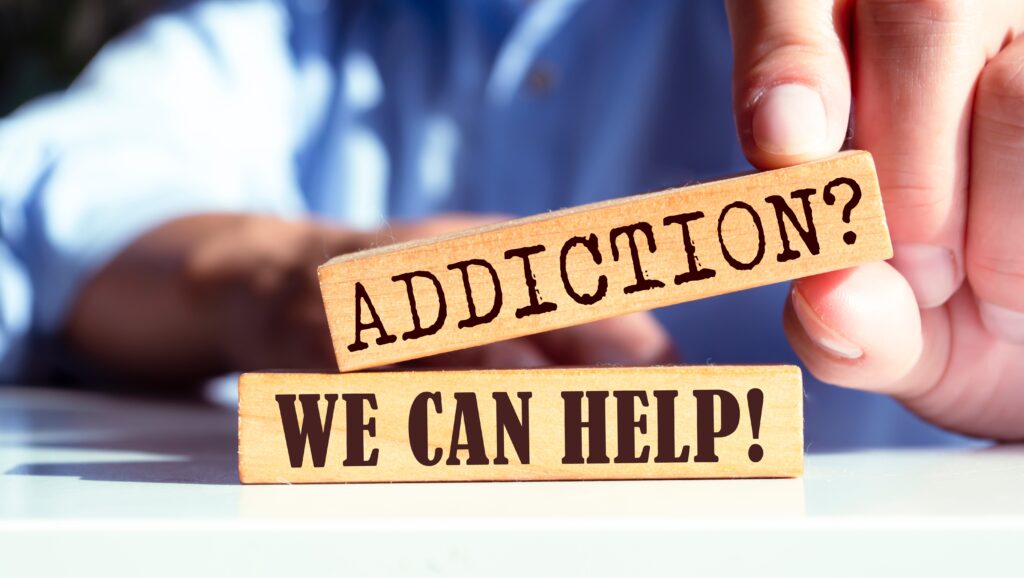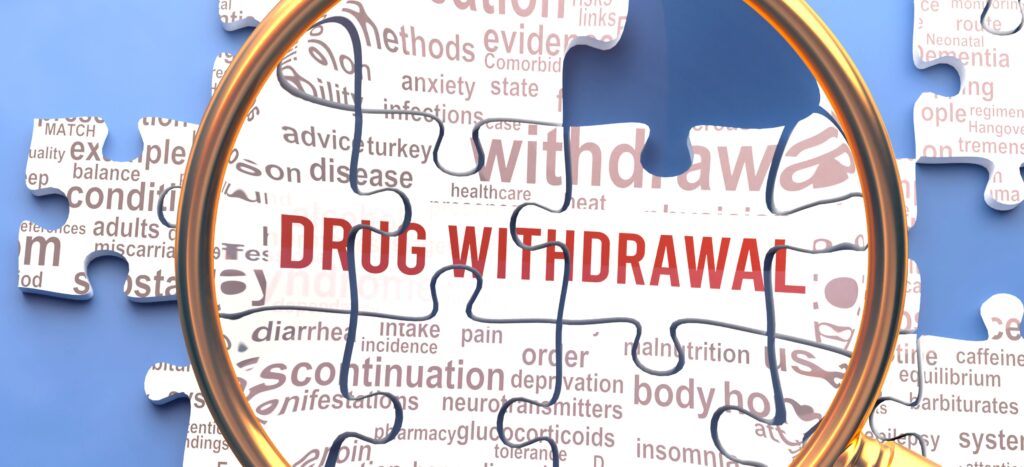Opiates are one of the most common illicit drugs abused in the country today. Once the drug addict decides to stop using opiates, they may experience a lot of withdrawal symptoms and if these symptoms are not treated immediately, there is a chance that the user will relapse in to using opiates once again.
What Does it Means When You Withdraw from Opiates?
The opiate drug is derived from opium poppy plants which can activate the opioid receptors of the nerve cells. If prescribed by doctors, opiates are given as pain relievers in the form of codeine. However, don’t be confused, opioids are different from opiates. Opioids are synthetic substances that bind themselves to the same receptors while opiates are derived from the poppy plant. Both drugs are often used recreationally to achieve that certain “high” users are looking for but the moment the user stops from using both drugs, they can experience that same kind of withdrawal symptoms.
Opiates were primarily made as an effective pain reliever but over time, patients or users who take them on repeated occasions can form tolerance and dependence on the drug and because of this, addiction is formed. Opiates can also cause physical dependence on the user too. This means that the brain chemicals and brain structure of the person have been altered in order to receive more of the drug. When the user decides to stop, their body must adapt to not using or having opiates. As a result of this, the drug addict experiences withdrawal symptoms. Here are some of the best examples of opioids and opiates that are commonly abused by many drug users:
- Codeine
- Heroin
- Fentanyl
- Morphine
- Opium
- Oxymorphone
Opiate Withdrawal Symptoms
When a person withdraws from using opiates, the symptoms could last for several hours or more after the last dose they have taken. The severity of the symptoms will depend on the dosage or amount they have taken and how sudden the drug wears off.
Now, there are short-acting opiates like heroin and long-acting opiates like methadone. Heroin withdrawal has a shorter withdrawal time frame but the symptoms could be intense. Long-acting opiates, on the other hand, can last as long as 30 hours from the last dosage that the person had taken.
Among the most common symptoms felt by the user includes the following:
- Aching muscles
- Anxiety
- Agitation
- Depression
- Diarrhea
- Fever and chills
- Increased heart rate
- Nausea and vomiting
- Stomach pain
- Tremors or shaking
These symptoms can be mild or severe and may vary depending on the person’s overall health as well as medical conditions. The amount or dosage plays an important part in the withdrawal phase as it will tell how long it will last and when it will plateau. The environment of the person or current state of emotions and their family history of addiction can also determine the extent of the withdrawal symptoms.
Timeline of Opiate Withdrawal
As mentioned, there are plenty of factors that could affect the extent and duration of the person’s opiate withdrawal symptoms. If you or someone you know withdraw from using an opiate, here’s what happens in the first 6, 12 or 30 hours after your last opiate dosage:
72 Hours After Taking the Last Dose
- Anxiety
- Difficulty in sleeping
- Excessive yawning
- Fever
- Hypertension
- Increased heart rate
- Runny nose
- Sweating
- Muscle pain
If you have taken a lot of opiates before stopping, chances are, the next 72 hours after your last dose can be very intense withdrawal symptoms. Depending on the dosage, these effects can last for a week or so. Among the most common symptoms felt are the following:
- Cravings for opiate drugs
- Depression
- Diarrhea
- Nausea and vomiting
- Stomach pain
Your craving to use opiate drugs can be a harder battle as you will experience this for more than a week. That is why if you are going through these withdrawal symptoms, it is important that a health care professional is present so they can help you get through it. Health care providers should be present during the first week of the withdrawal phase to avoid complications during the process.
Treatment for Opiate Withdrawal
One of the most common treatments for any drug withdrawal is psychological support. Rehabilitation works also but it should be paired with mental health professionals who offer counseling to the user. Both the physical and psychological help can ease the symptoms and helps in preventing relapse among patients.
Detoxing is also part of the process as this helps remove the drug from the system. If this is your case, you must go through detoxing with the supervision of health care providers and physicians to keep track of your progress once the drug is worn off. They also help in monitoring your blood pressure, temperature, heart rate as well as respiration. In some cases, users like you may experience seizures and severe depression. The presence of a physician is needed in case antidepressants and anticonvulsants are given. Other drugs like methadone and buprenorphine may also be administered to the user. This helps wear the drug off gradually so the likelihood of craving for more opiate may be avoided.
During the withdrawal period, patients must be given the following in order to ease the withdrawal symptoms:
- Hydrating is important as bodily fluids can be lost during the withdrawal phase. Keep in mind that diarrhea and sweating are common around this time so it is important to drink plenty of water to keep the body hydrated. Drinks like coconut water can also be used during this time as it contains electrolytes which help in the hydration of the body.
- Eating food high in calcium, potassium, and magnesium are also important. Opiate addicts may be deficient in these nutrients so eating these types of food can help the body during the recovery period.
- Simple exercises can also ease some of the withdrawal symptoms experienced. It could also help in releasing endorphins which helps in improving the mood and reduce anxiety during withdrawal. It can also reduce the feelings of agitation.
- To relieve the body from the aches and pains, hot baths are recommended. Adding Epsom salts to the bath can help soothe the tire muscles and at the same time provide magnesium to the body. Hot compression is given if the patient has a fever during this phase. It can also help relieve muscle aches.
- Providing distraction during the withdrawal phase can help the patient take their mind off the symptoms. Keep in mind that these can be very uncomfortable and so providing distractions like watching a movie or reading a book can help divert their attention and provide a little bit of relief. The support of family and friends can also help ease the symptoms and can even impact the patient’s speedy recovery.
Withdrawing from opiates is often non-life-threatening however, if complications like severe diarrhea and vomiting are not addressed immediately then it can be one. This is why doctors must be present during this stage in case emergency situations arise to avoid further complications.
If you are experiencing the symptoms mentioned above, seek help immediately. Ignoring the said symptoms could lead to complications and even death. So do the right thing, save your life and seek professional help as soon as you can.








